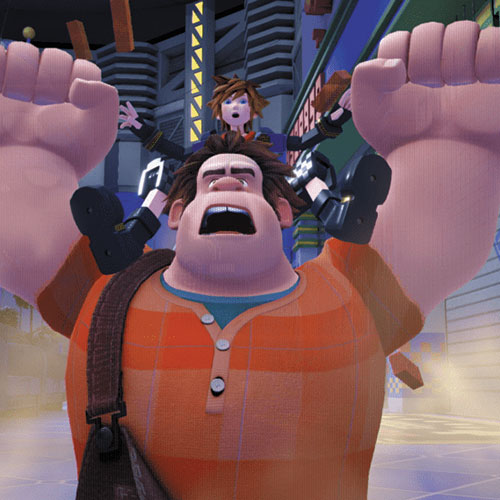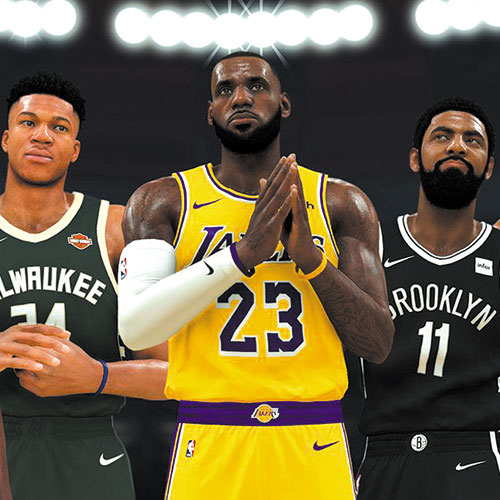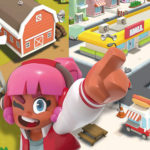Paige FTW: Keeping it ‘Real’ with Adaptation

The tumultuous relationship between film and video games has been a topic of interest to me of late (as you regular readers well know). Most “adaptations” focus on, well, story. The Witcher works because it focuses on the adventures of Geralt of Rivia, not on the mechanics of how he goes about slaying monsters.
Still, every now and then you get a movie that obstinately wants to make a statement about actually playing a game. That is where we run into problems.
The most egregious offender is, of course, Ready Player One, where we are supposed to believe that in decades — actual decades — not a single player ever had the idea of “driving backwards” on a racecourse to find a secret treasure. People have known to do that since, like, the 1980s.
It is evidence, to be sure, that those involved in writing the film did not play very many video games before.
I recently watched Wreck-It Ralph, just to see how it handled the “gaming” aspect that defines the film. In fairness, the movie is not really about “playing” the games so much as just watching what the characters do outside their games, but nevertheless there are three separate titles at work here: Fix-It Felix Jr., Hero’s Duty and Sugar Rush.
While, of course, Ralph ends up breaking all of the games in his attempt to be a hero, there are also are very clear rules and protocols in each game — when seen in the context of the human players — that make them seem completely buyable as arcade titles. Each game genuinely feels like … a game.
Hero’s Duty, for example, sees Calhoun explain exactly what the objective is, what progress triggers to look for, and how to play. Sugar Rush plays exactly as a chaotic kart racer should.
These are small details, but so crucial in establishing a sense of credibility and ethos to the movie. If you’re going to make it about a game, make the game real. It’s quite amazing how wide the disconnect can be…











